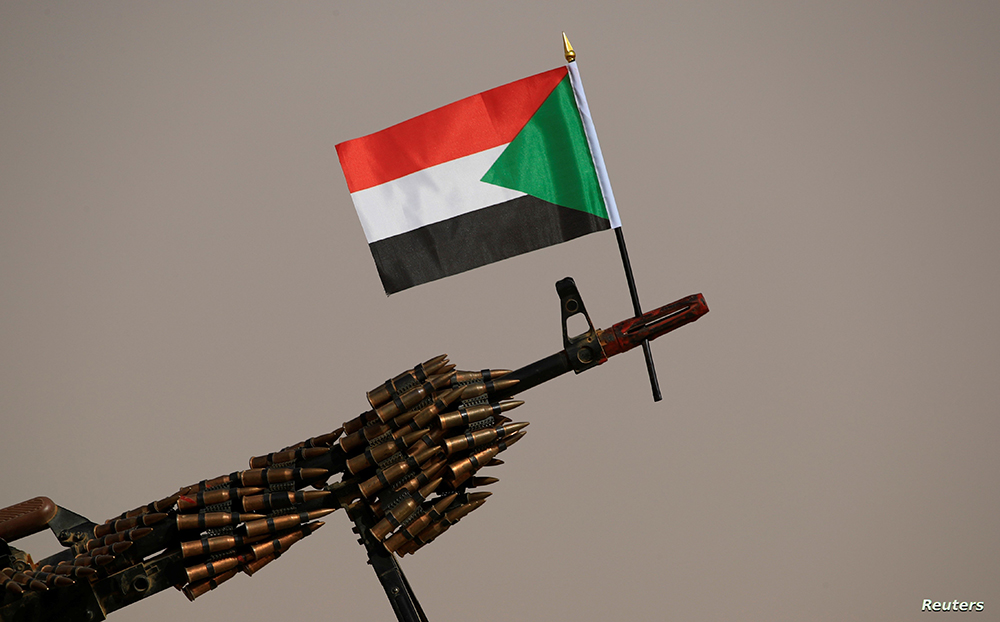
Challenges of Building the New Political System 2 - 3
By Montaser Ibrahim
The aspirations for change in December collided with the stubborn resistance of a post-colonial state, which was in a state of disintegration. Therefore, it was natural, as mentioned earlier, for this war to end with its exorbitant cost, which could have been avoided or reduced if the political awareness and historical consciousness of the political class were sufficient to understand the direction of political and social developments in the Sudanese context in all its dimensions.
Now we must consider that the cost of the collapse of the old political system is similar to the fall of a crumbling, irreparable structure. It could have been dismantled with a less costly fall, as mentioned, but due to the dominance of the attachment to the old and its sanctification from a moral perspective and the shortcomings of historical awareness, as previously mentioned, understanding this situation became difficult.
With the catastrophe now unfolding, everyone is immersed in tragic feelings, which do not yield any benefit. Therefore, it remains imperative that awareness moves towards completely ending the situation of April 15th. If there is room for negotiations within the framework of Sudanese dialogue, there is no harm in closing the chapter of that era completely. However, it is necessary to pay attention to the importance of not allowing the formation of a despotic regime on its ruins, which is the biggest challenge. In the context of political debate analyzing the conditions of political transformations and forms of conflicts between competing forces, oligarchs and forces pulling towards democracy, falling into this despotism is the most prominent challenge. It requires prior preparation and clear emphasis. This can be achieved by expanding public consultation and empowering the middle class and civil society based on the conclusions of the debate between Aristotle and Plato in the context of dialogue on the optimal path to ensure balance in a complex society.
The second challenge of the transition to post-war is how to create national reconciliation to move forward towards building the nation-state. Therefore, the active presence of the middle class and civil society forces represents another necessary aspect. In this context, it is essential that the framework agreement and the forces representing it play an authentic role in the process of shaping post-war authority, which is currently the central point in the context of ending the war and beginning negotiations in Jeddah, which should be titled the Sudanese dialogue to complete the transitional and democratic transformation in Sudan, the framework agreement being its latest chapter. This process contains the agenda of state-building, with the most important issue being the restructuring of the military sector, as one of the obstacles to the transition and democratic transformation in Sudan.
In addition to that, establishing a sound constitutional foundation for the transition from the conflict between oligarchs and forces pushing towards democracy is one of the important tests of the feasibility of the state-building opportunities. Here too, the political representation of the middle class and civil society forces is highlighted. Therefore, the parties to the framework agreement play a crucial and exceptional role, as they are concerned with laying the constitutional foundation and rallying political consensus towards it, with clear representation of the civil-military relations as one of the hurdles to transition and democratic transformation in Sudan.

